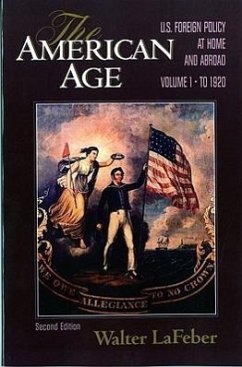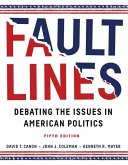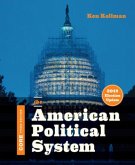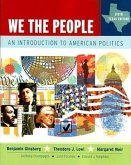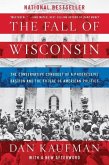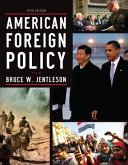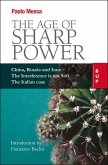His narrative account featured several major politics; the impact of American economic development on foreign policy interests; popular culture, particularly film, as a filter for public opinion on American commitments abroad; the roles of public opinion, leadership, and bureaucracy in the formation of policy. In the Second Edition, LaFeber has revised nearly every chapter in the book. In the early chapters, there is more attention to the origins of foreign policy institutions and practices, including precedents for the executive agreement, and new discussions of U.S. relations with Britain in the eighteenth and nineteenth centuries. The more recent chapters feature fresh insights on Potsdam, the origins of the Korean War, and the Cuban Missile Crisis-all based on new evidence drawn from Soviet archives.The new edition amply covers the momentous events that brought the Cold War to an end and thrust the United States into the uncertain position of the world's only superpower.
Hinweis: Dieser Artikel kann nur an eine deutsche Lieferadresse ausgeliefert werden.
Hinweis: Dieser Artikel kann nur an eine deutsche Lieferadresse ausgeliefert werden.

